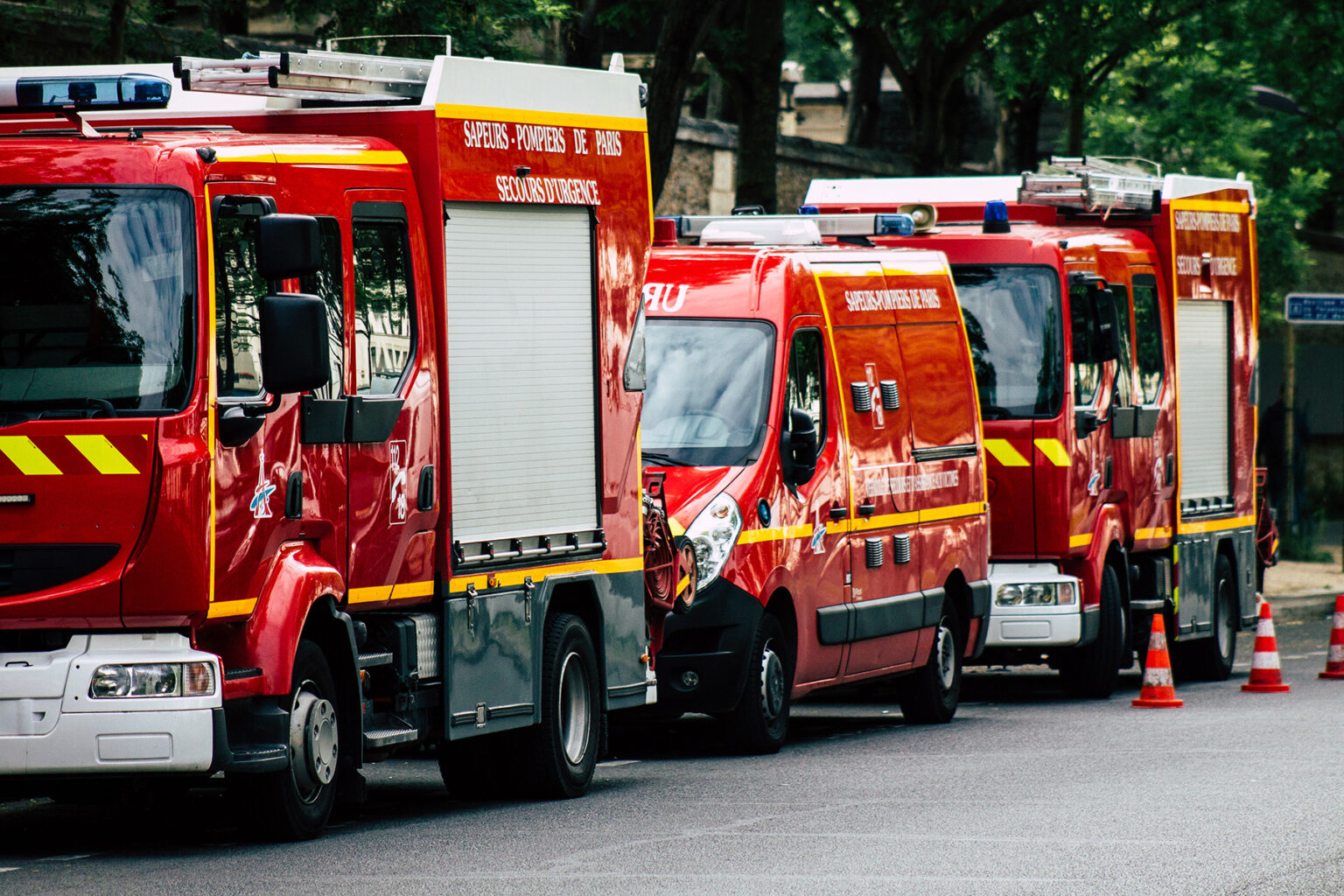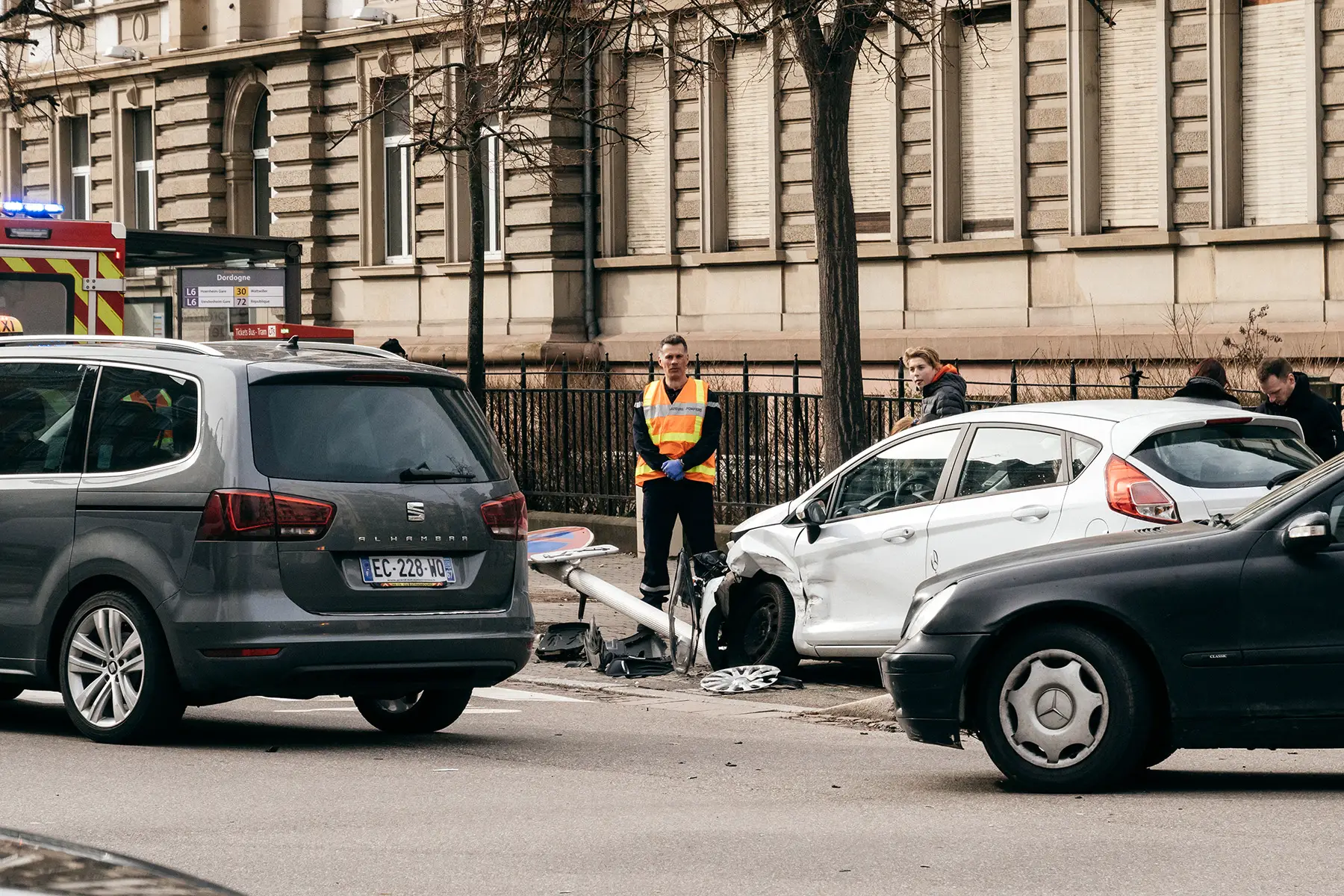France is a relatively safe country. While it has a moderate crime rate, homicide rates are fluctuating, and violent crimes are on the rise. The country is also considered to be at high risk for terrorist attacks. Still, if you need the police, fire department, or medical care, the emergency services are there when you need them.
| Emergency service | Number |
| General emergency line | 112 or 114 for the hearing impaired |
| Ambulance | 15 or 112 |
| Fire brigade | 18 or 112 |
| Police | 17 or 112 |
| SOS Missing Children | 116 000 |
| Suicide prevention hotline | 3114 |
| Public services hotline | 3939 (toll number) |
| Airplane emergency | 191 |
Besides the above, France has a number of other emergency helplines you may not be familiar with:
- Main emergency number in France
- Helplines for racial and gender-based violence in France
- Mental health and substance abuse helplines in France
- Emergency number for road and traffic accidents in France
- Who to call in a property or housing emergency
- How to contact the French animal services
- Help for foreign nationals in France
- What to do in an emergency in France
- Emergency terms and phrases in France
- Useful resources
Allianz Care
Allianz Care is a world-leader in providing international health insurance. Their range of premiums provide professionally-designed solutions for a variety of expat lifestyles. So, wherever your life takes you, make sure you have the right health protection for you and your family with Allianz Care.
Main emergency number in France
If you or someone else is in immediate danger, you can call 112 from any landline or mobile phone in France. Calling 999 or 991 does not work; instead, call 112. The operator will divert you to the required service. If you are deaf or hearing impaired, you can contact 114 for assistance.
You should only use the French emergency number in genuine crises, such as a fire or a serious threat to your health. Using these lines for non-urgent issues causes delays for callers who require immediate help.
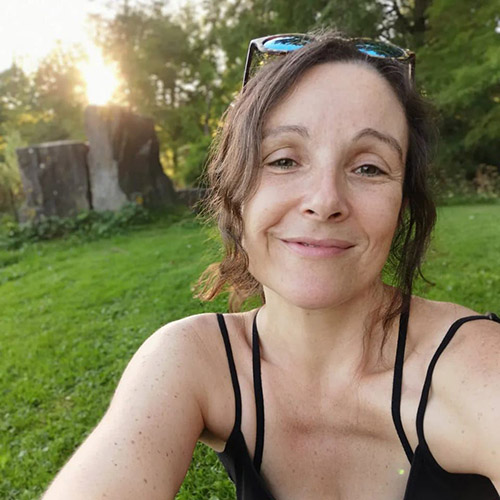
Marie-Charlotte Pezé
Editor in Chief at Expatica
Insider tip: Test alarms
Do not be alarmed when you hear a siren every first Wednesday of the month at noon. France’s sirens are tested nationwide with three consecutive blasts of almost two minutes, with five seconds of silence following the noise.
The Ministry of the Interior (Ministère de l’Intérieur) is responsible for most rescue services in France. Through its Civil Security Directorate (Direction générale de la sécurité civile et de la gestion des crises – DGSCGC), it coordinates emergency response, including natural disaster relief, firefighting, search and rescue, and crisis management.
French ambulance and rescue services
In a medical emergency, call 05 or 112 for an ambulance from the French health service (Services d’Aide Medicale Urgente – SAMU). You can also contact an out-of-hours doctor on 116 117 or go to a Maisons Medicales de Garde (MMG) in your area.
Regardless of your medical insurance status, you can access emergency healthcare for free. This excludes ambulance rides; these charge €140–380+, depending on the distance and care provided (2025).

The following are some other useful numbers to jot down:
- Hepatitis information helpline: 08 00 84 08 00
- AIDS helpline: 08 00 84 08 00
- Cancer helpline: 08 10 81 08 21 or 0800 240 200 (for English speakers)
- Dental helpline: 01 43 37 51 00
- Psychiatric emergency in Paris: 01 45 65 81 09
- Coast guard (calling from land): 196
- Coast guard (not on land): VHF Channel 16
French emergency numbers for poison control
If you or someone you know has been exposed to a toxic substance, even if you’re not sure how serious it is, you can call the national Anti-Poison Center (Centre Antipoison) at 01 40 05 48 48. You can also contact one of the regional numbers:
- Angers: 02 41 48 21 21
- Bordeaux: 05 56 96 40 80
- Grenoble: 04 76 76 56 46
- Lille: 08 25 81 28 22
- Lyon: 04 72 11 69 11
- Marseille: 04 91 75 25 25
- Nancy: 03 83 32 36 36
- Reims: 03 26 06 07 08
- Rennes: 02 99 59 22 22
- Rouen: 02 35 88 44 00
- Strasbourg: 03 88 37 37 37
- Toulouse: 05 61 77 74 47
How to reach the firefighters in France
The French fire brigade (sapeurs-pompiers) is typically the first service to respond to road accidents and domestic incidents. In rural areas, it’s the fastest to the scene for all emergencies. You can contact them by calling 18 or 112 from any phone.
Emergency number for the police in France
If you need urgent police assistance, call 17 or 112. For all non-emergencies (e.g., complaints, suggestions, or when you are lost), you can also contact your local police station.

The French police is split into two divisions:
- The National Police (Police Nationale) – responsible for policing in urban areas, and conducts criminal enquiries and performs security operations such as traffic control
- The National Guard (Gendarmerie Nationale) – covers rural regions and carries out criminal investigations and security activities (e.g., at airports and military locations)
Larger cities also often have a secondary municipal police force (police municipale). These units have relatively limited powers and generally handle local law enforcement, such as dealing with traffic offenses and lost property.
Helplines for racial and gender-based violence in France
France has a number of emergency support lines for victims of violence. For example, you can call the national Victim Support Line at 116 006. Alternatively, you can reach out to:
- Red Cross helpline (Croix Rouge Écoute): 0800 858 858
- Rape and sexual assault support line: 0800 059 595
- Supportline for violence in the workplace: 01 45 84 24 24
- French Movement for Family Planning (MFPF): 0800 08 11 11 (e.g., if you’re refused access to contraceptives)
- Support line for perpetrators of domestic violence: 08 019 019 11
If you witness or experience any type of violence (e.g., LGBTQ-phobic, racist, anti-Semitic, serophobic, or marital rape), you can also download the Signalement FLAG! app. This app allows you to file an anonymous report and directs you to any support services available.
Help for domestic and child abuse in France
The national number for domestic violence is 3919, operated by Solidarité Femmes. You can also contact:
- Child Abuse hotline: 119
- SOS Missing Children (SOS Enfants Disparus): 116 000
- Child advocacy line: 01 42 36 34 87
- Terror/kidnapping hotline: 197
- Women’s advocacy line: 0820 20 34 28
- Spousal abuse hotline in Paris: 0140 33 80 60
If you witness or are the victim of domestic abuse, you can also report it via the Signalement FLAG! app or contact the police at 112.
How to call LGBTQ+ services in France
France is one of the most LGBTQ+ friendly countries in Europe. Still, if you need help and support, you can find resources through the French LGBTI+ Federation (Fédération LGBTI+).
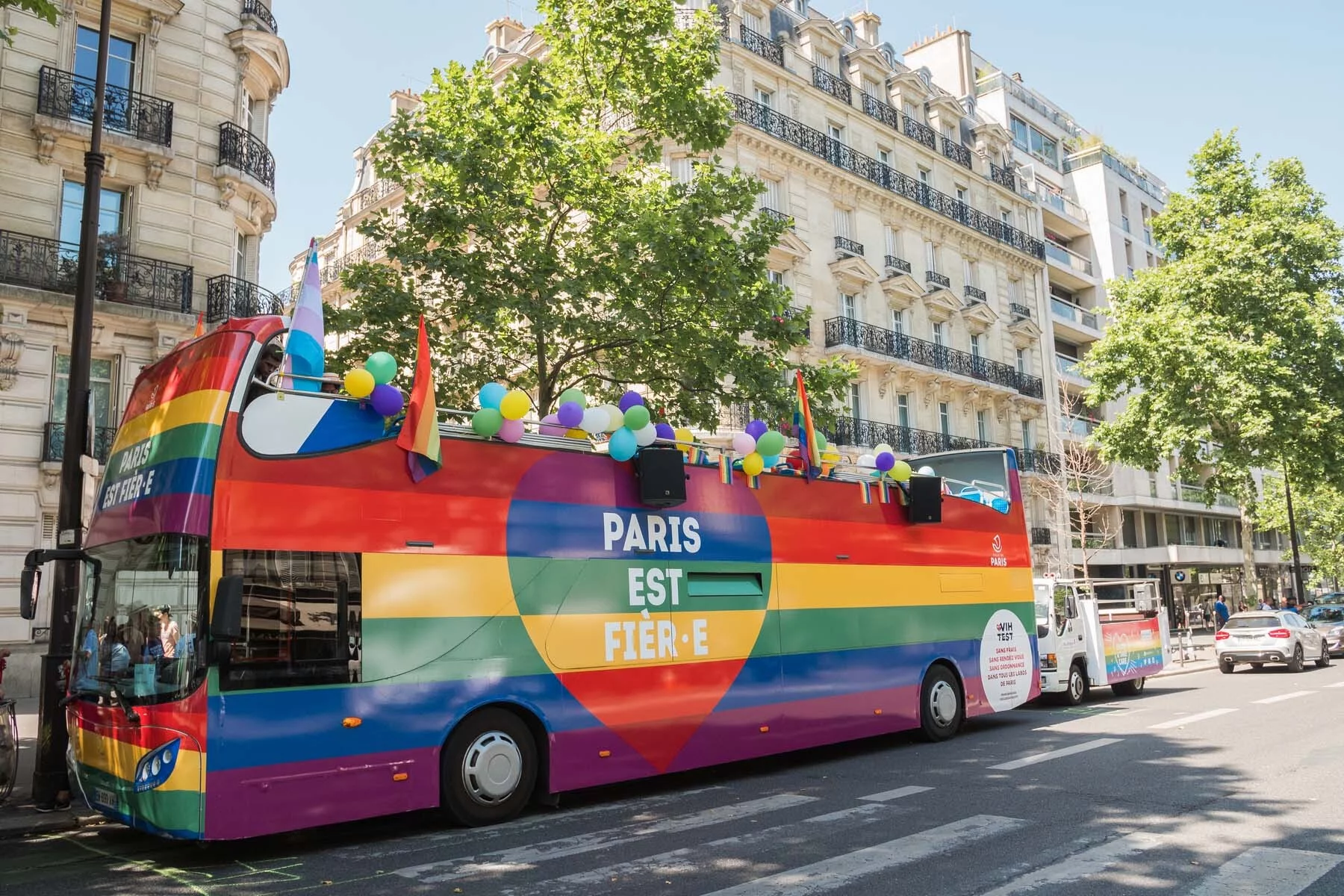
Other places of note:
- Centre LGBTQI+ (Paris): 01 43 57 21 47 (to make an appointment for psychological help)
- SOS Amitié: 09 72 39 40 50
- SOS Homophobie: 01 48 06 42 41 (anonymous helpline for victims of homophobia)
Minors with nowhere to go can also go to the nearest police station at any time, day or night. The police are legally obligated to provide shelter and contact child protection services.
Mental health and substance abuse helplines in France
Mental health services in France
If you’re struggling with mental health issues in France, you’re generally recommended to consult your primary care doctor first. They can prescribe medication or refer you to a suitable specialist.
However, if you are in an immediate mental health crisis, you can call the national suicide prevention line at 3114. Alternatively, you can reach out to:
- Samaritans France: 116 123
- SOS Help: 01 46 21 46 46 (for English speakers)
- Red Cross Helpline: 0800 858 858
- SOS Amitié: 09 72 39 40 50
Services that help with alcohol and drug abuse
When “just for funsies” is no longer fun, you can contact the following organizations:
- SOS Alcohol/Drug Addiction helpline: 113
- Alcoholics Anonymous Europe
- AA France: 08 20 32 68 83
- Alcohol hotline: 0980 980 930
- Drug abuse helpline: 0800 23 13 13
- Cannabis hotline: 0980 980 940
- Narcotics Anonymous: 01 43 72 12 72
Emergency number for road and traffic accidents in France
If you are involved in a road accident, you should move your car to a safe place (preferably not obstructing traffic), turn on your hazard lights, and display your warning triangle to warn other drivers. In the case of minor accidents with no casualties, swap phone numbers, addresses, and insurance details, and fill out a constat amiable (amiable declaration) with the other party involved. If you don’t understand French or disagree with the declaration, do not sign the form.
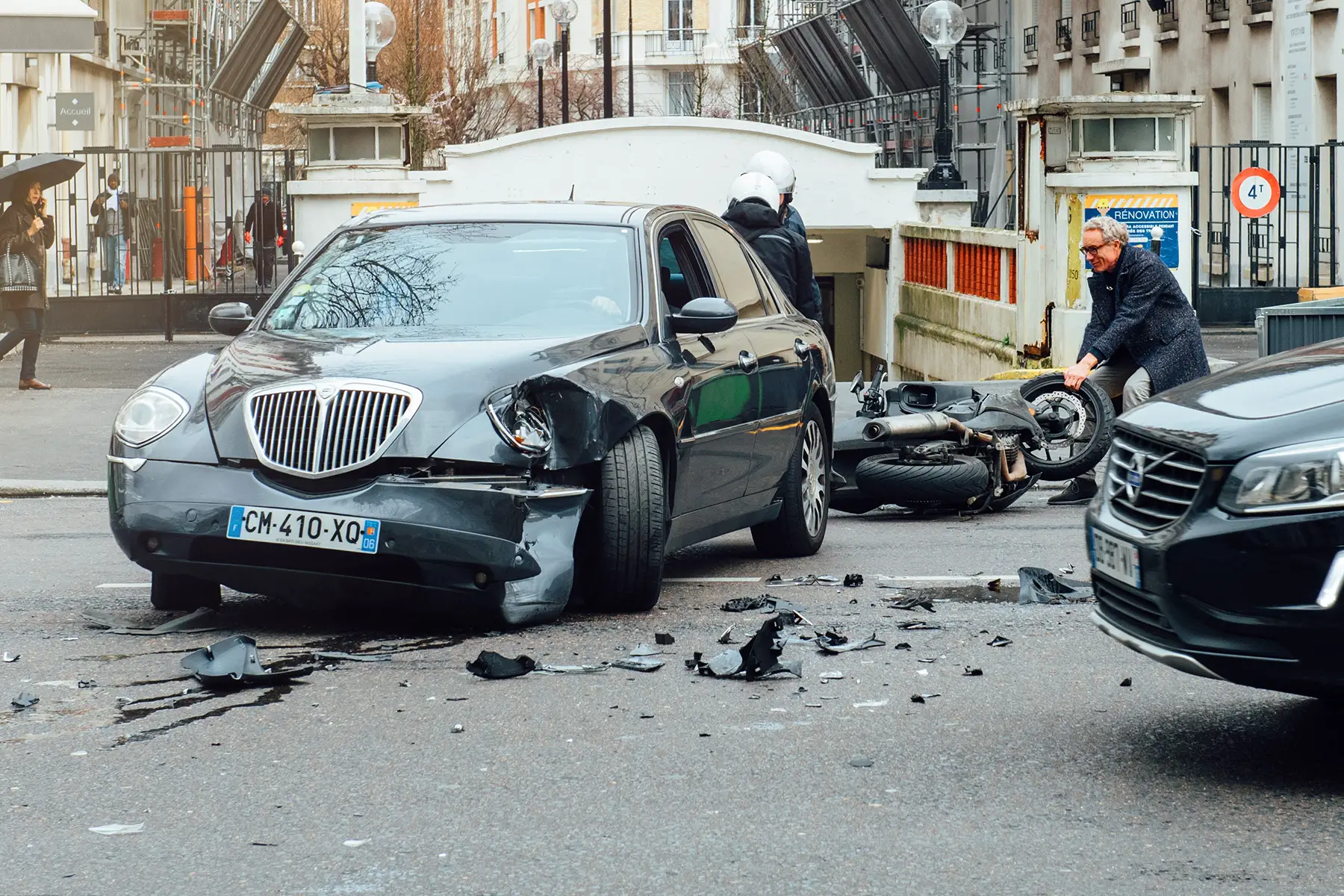
More serious collisions should involve the police (112). Driving off after a traffic accident that has caused any injury is illegal in France, so if the other party takes off, try to note down their number plate.
Who to call in a property or housing emergency
Lost or stolen property in France
When you lose an item, you should first visit the local lost and found office (objets trouvés). After that, you can contact your local police station or report it online.
If the missing item is an official document, make sure to also contact the relevant authorities. For example, lost passports must be reported to the embassy or consulate. And if you’ve lost your credit or debit card, you should contact the interbank service (service interbancaire) at 0 892 705 705 to have the card frozen.
Utility and telecom services in France
(Suspected) gas leaks must immediately be reported to the GRDF Emergency Gas Line at 0 800 47 33 33. If there’s an immediate danger (e.g., a fire or explosion risk), also call 18 (fire brigade) or 112.
For other utility-related issues, France doesn’t have a national emergency number. Instead, you can call the regional services, which are generally listed on your utility bill. For example, in Paris, you can contact Électricité de France at 01 43 35 40 86 to report an electricity outage.
How to call homelessness services in France
France has several organizations and services that offer support to people facing housing instability or in need of emergency shelter. For example, you can call the national Emergency Shelter and Social Services at 115.

You can also reach out to:
- Your local Community Center for Social Action (Centres Communaux d’Action Sociale – CCAS)
- Depaul France
- Emmaüs
- Secours Catholique
- French Red Cross (Croix-Rouge)
- Fondation pour le Logement
People requiring food assistance can get in touch with the local Food Bank (Banques Alimentaires).
How to contact the French animal services
If you find someone’s pet, you should take it to a veterinarian. They can see if the animal has any chip or identification and search the databases if so.
You can report animal abuse to the national animal welfare hotline at 3677. You can also report it anonymously online. If the abuse is ongoing or urgent, call 17 or 112 to report to the police.
Other animal welfare organizations operating in France:
- Society for the Protection of Animals (Société Protectrice des Animaux): France’s oldest animal protection association, operating numerous shelters and offering legal support. Call 01 43 80 40 66.
- Fondation Brigitte Bardot: 01 45 05 14 60
Help for foreign nationals in France
France is a popular tourist destination, and its capital has its own specialized Tourist Police unit (Police de Tourisme). These officers are often multilingual and are usually based around Gare du Nord, Châtelet–Les Halles, and other tourist-heavy areas. While there’s no separate tourist helpline, you can reach them by calling the Paris police station. Of course, when you’ve an emergency, you must call 112.
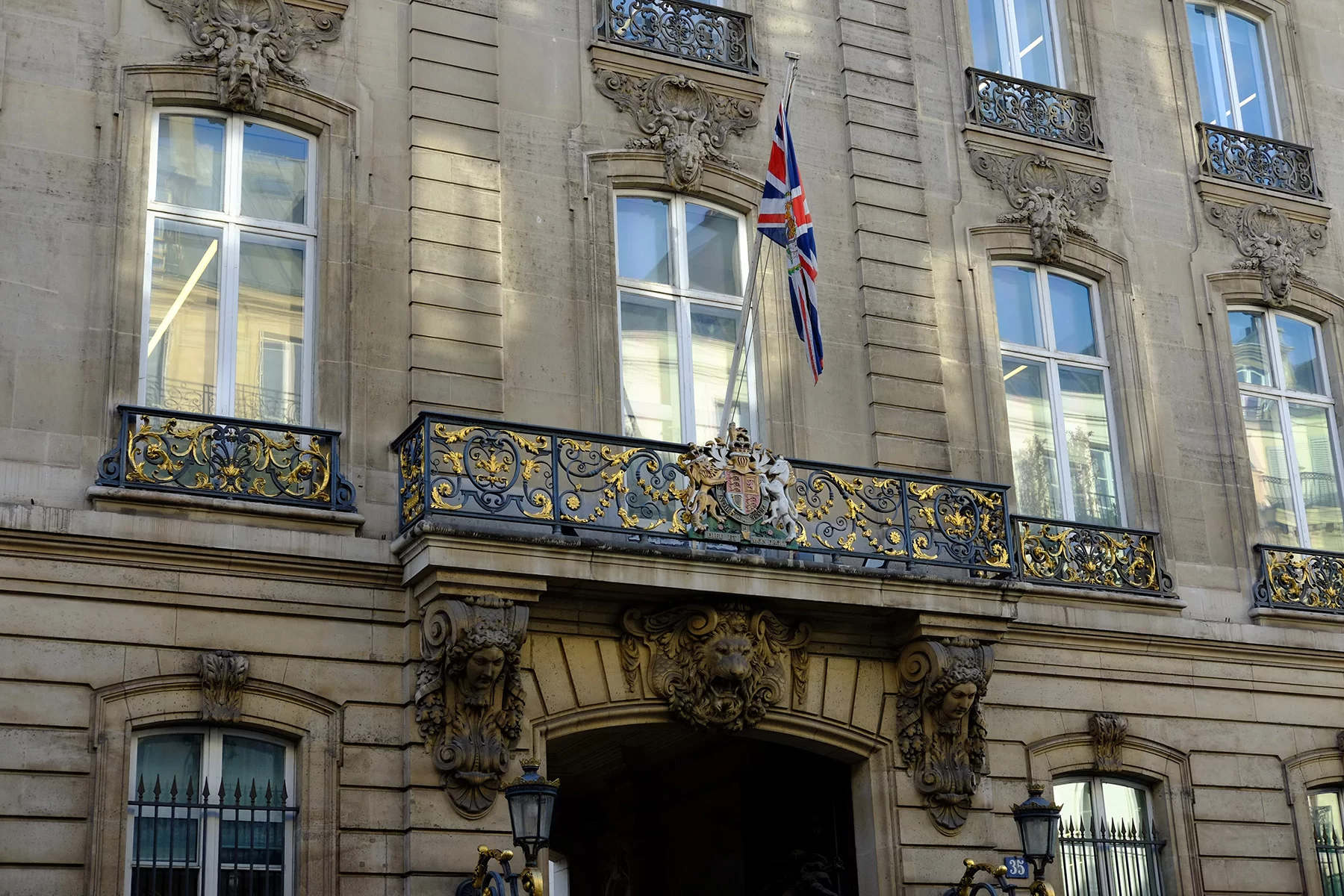
If you need consular or diplomatic help, most embassies and consulates are located in Paris and other major cities in France. For a complete list of embassies, consult EmbassyPages. You can also visit the website of the French Ministry of Europe and Foreign Affairs (Ministère de l’Europe et des Affaires étrangères).
What to do in an emergency in France
When you call the emergency services, the operator will customarily answer in French. Many speak some English but are unlikely to be native speakers; remain calm and speak clearly when asking for help. When calling 112 or any of the other emergency numbers in France, make sure to clearly state:
- Your name
- The location where help is necessary
- The situation, and whether it’s still happening
- How many people require help
- Whether there are weapons or dangerous substances involved
Other tips and things to keep in mind:
- Don’t forget the security code for your parking garage or apartment building
- Never hang up until the operator says you can
- If you have medical problems or regularly take prescription drugs, know how to say their names in French
- If you have children, know their exact ages and weight in case you need to call an anti-poison center or administer medication
- If drugs were involved, make sure to inform them what was taken, and, if possible, give them the rest of the stash
Emergency terms and phrases in France
Some useful French phrases and vocabulary to learn are:
| English | French |
| Help! | Au secours! |
| Help me | Aidez moi |
| I can’t breathe | Je ne peux pas respirer |
| (Severely) allergic | (Sévèrement) allergique |
| Accident | Accident |
| Fire | Feu |
| Murder | Meurtre |
| Emergency | Urgence |
| Ambulance | Ambulance |
| Doctor | Docteur |
| Hospital | Hôpital |
| Police | Police |
| Extremely ill | Très malade |
| Call 112 | Appelez le un un deux |
| I want a lawyer | Je veux un avocat |
| I’m innocent | Je suis innocent |
Useful resources
- Civil Security Directorate – official government website of the body responsible for coordinating emergency response, including natural disaster relief
- Ministry of Europe and Foreign Affairs – official government website with more information on foreign embassies in France
